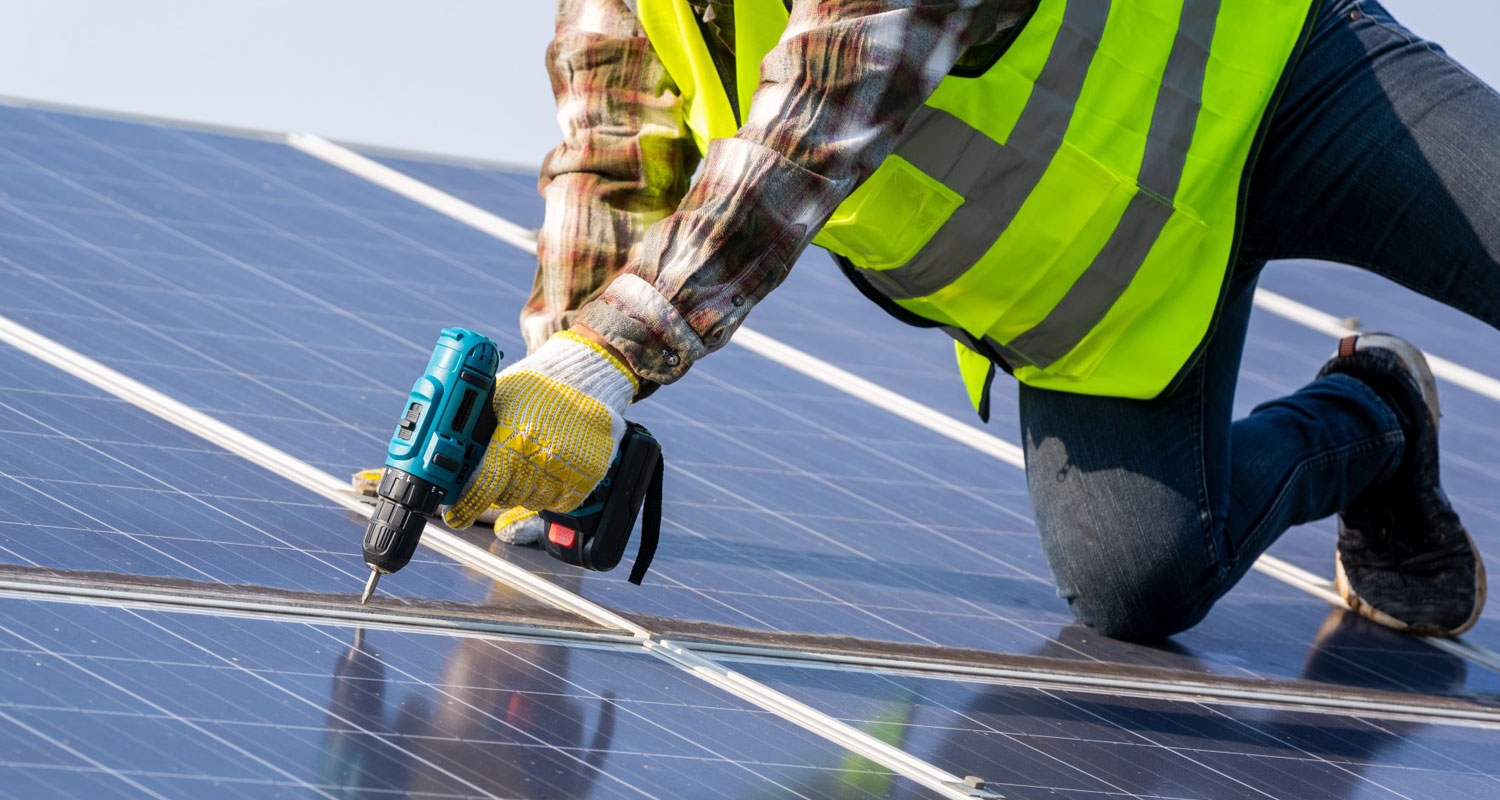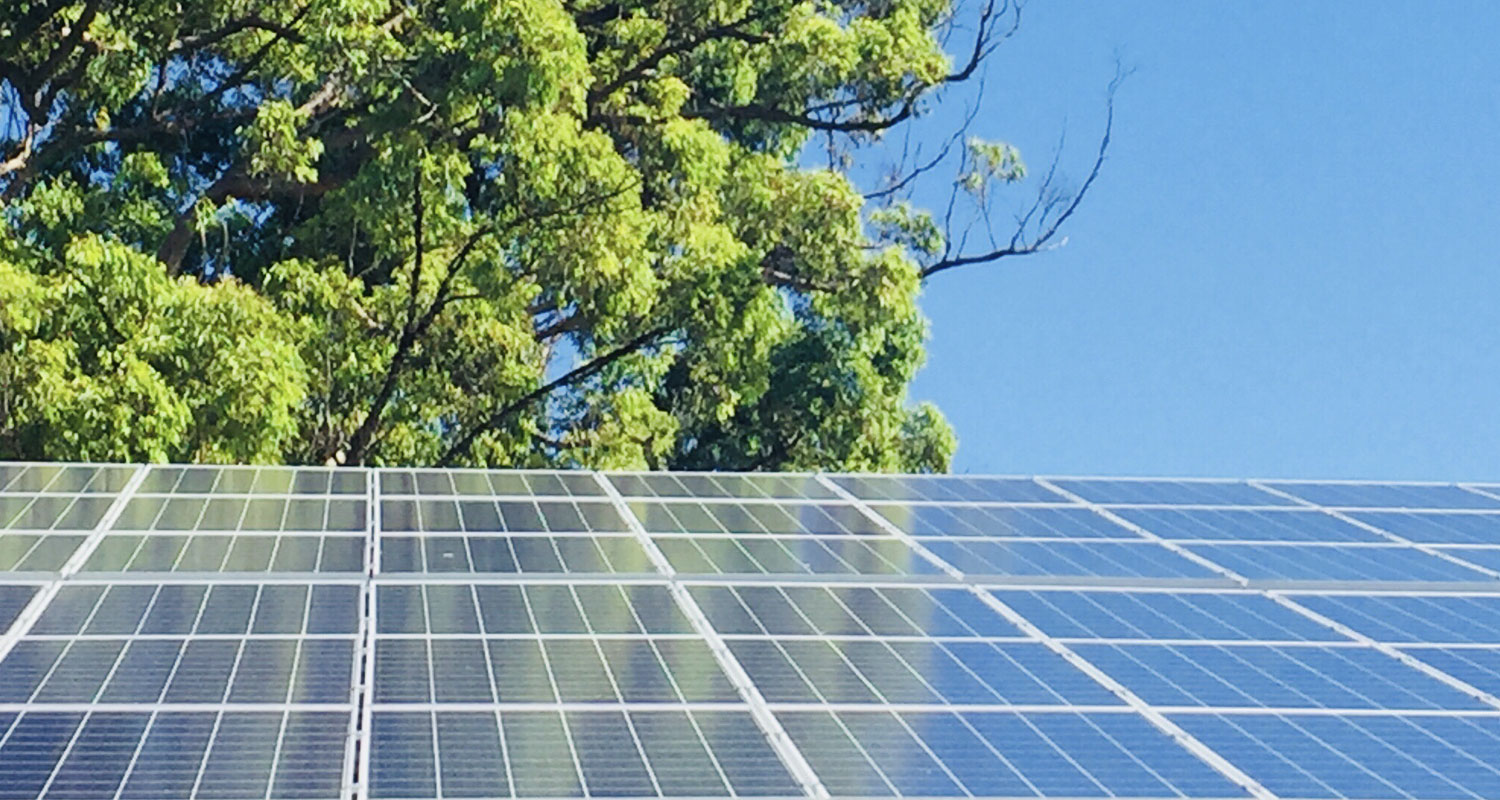 A new venture, backed by experts in renewable energy and finance, is hoping to capitalise on South Africans’ load shedding misery by helping homeowners go solar, without the upfront costs and complexity.
A new venture, backed by experts in renewable energy and finance, is hoping to capitalise on South Africans’ load shedding misery by helping homeowners go solar, without the upfront costs and complexity.
Gosolr is the first of several companies in this space that have been working feverishly to launch solutions. It’s the first of them to reveal its plans. Others, including Vivica Group’s Stage Zero (Vivica used to be the Vox Group) and Wetility – whose backers include businessman Khudu Pitje – are expected to share their plans in the coming weeks.
Gosolr’s team includes former fibre telecommunications industry executives and is led by CEO Andrew Middleton, a former investment banker who has worked on several big deals in the telecoms sector.
The idea behind Gosolr – and, it seems, its emerging competitors – is to take on the risk and high upfront cost associated with home solar so that homeowners don’t have to. The high cost associated with installing a solar solution is holding back the market, and Gosolr believes removing this impediment will change the game.
When Gosolr implements a solar solution for a customer, instead of charging them for the installation, the company makes the money back over time by charging for solar energy consumed. It’s typically a grid-tied solution, with Gosolr providing between 60% and 75% of the energy consumed by the household.
This protects consumers from load shedding – providing them with “energy security” – while also, in time, saving them money as Eskom tariffs escalate annually at rates higher than inflation. Whatever the solar system generates falls off the homeowner’s Eskom bill.
“Going completely off the grid is an expensive and risky solution,” Middleton said in an interview with TechCentral.
Raising capital
The company, which has self-funded its first installations, is now raising capital and is looking to expand rapidly, Middleton said, adding that the recent bout of stage-6 load shedding has resulted in a spike in demand for the company’s solutions.
“We are in advanced talks [about a capital raise]… To get to the next level, we need capital and we need it quite regularly… In parallel, because the numbers get big quickly as your grow, we are speaking to equity investors with experience in scaling infrastructure businesses like this one,” Middleton said. The company intends to stay private for as long as possible, but may seek a listing at some point, depending on equity markets at the time and the appetite of its shareholders.
Consumers, he said, are “warming to the subscription model” for solar, especially given it’s an “extremely complex and expensive” proposition if self-funded.
One of Gosolr’s biggest assets is its chief technology officer, Swiss-born Patrick Narbel. Narbel, who now lives in Cape Town, has a PhD in business economics, specialising in renewables, and worked on many renewable energy projects in Norway over a period of 15 years.
 “If you can make solar energy work in a country that doesn’t have sun, you have a good chance of making it in a country with sun,” he joked to TechCentral about the prospects for Gosolr in South Africa.
“If you can make solar energy work in a country that doesn’t have sun, you have a good chance of making it in a country with sun,” he joked to TechCentral about the prospects for Gosolr in South Africa.
Middleton said that it makes “no sense” that in a country like South Africa, with a struggling electricity utility and an abundance of sun, that so few homes have been converted to solar energy.
“The problem is, it’s too expensive and it’s too complicated. The information divide is huge,” he said. “People don’t understand what a kilowatt is or what an inverter does. People just want to understand the impact on their bill, how much power it can generate, and whether they have someone to call when it doesn’t work.”
Gosolr is able to monitor systems remotely, and get a broad understanding of what’s working well and where there’s room for improvement. It also allows the company to deal proactively with problems before they arise. Homeowners, meanwhile, have access to a smart app that gives them a real-time overview of how the system is performing.
Middleton declined to disclose how many homes Gosolr intends reaching in the coming years, but with a big capital raise planned, it’s clear the company has ambitious goals. And the market is under-penetrated, with roughly 1% of the homes in its target market estimated to be using a solar solution of some sort.
Homeowners have access to a smart app that gives them a real-time overview of the system
The company is focused on Johannesburg and Cape Town for now but plans to expand nationally in the next 18 months. It will expand first to cities where municipal regulations are not especially onerous.
Gosolr is focused for now on “single dwelling units” (SDUs are standalone houses), but sees opportunities in housing estates and complexes, too. It’s focused on SDUs initially because it’s easier to get a decision quickly than it is when working with bodies corporate and homeowners’ associations.
It also sees a big opportunity to help power electric vehicles as sales of EVs start to take off in South Africa in the coming years. And the benefit won’t only be for charging EVs at home. “There is no reason the excess solar you generate at home can’t be pulled out at a charge station somewhere else [using accumulated credits],” Middleton said. – © 2022 NewsCentral Media




